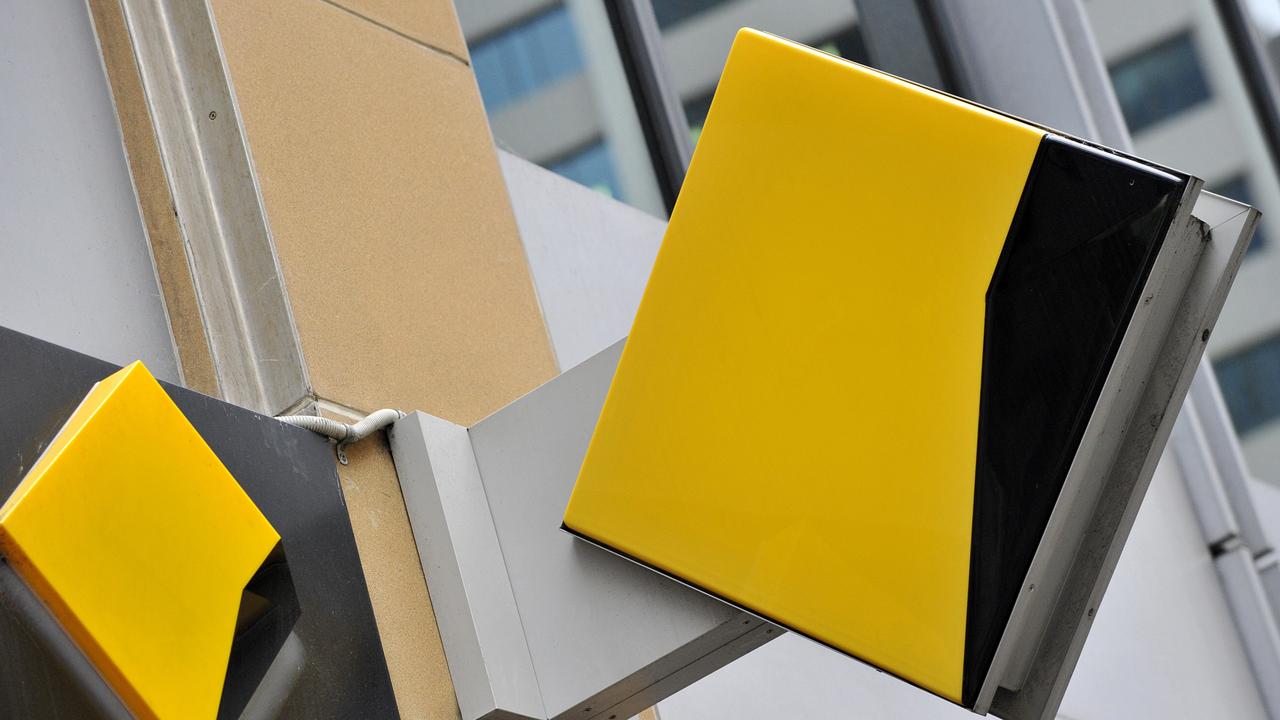Telcos join CBA in declaring war on ‘free-riding’ Meta, Google, Apple and other US tech titans
Pressure is increasing on big US tech companies – including Meta, Google and Apple – to stop ‘free riding’ on Australian banks and telcos and pay for more essential services across the country.
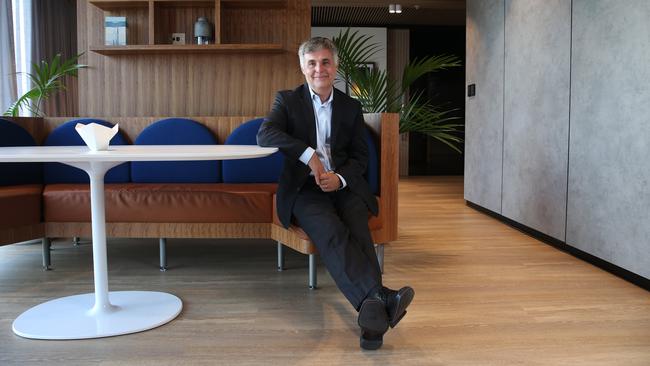
Pressure is increasing on big US tech companies – including Meta, Google and Apple – to stop “free riding” on Australian banks and telcos and pay for more essential services across the country.
Commonwealth Bank chief executive Matt Comyn said the banks were “cross-subsidising” Apple’s tap-and-go payment product, while Optus’s new CEO, Stephen Rue, says he believes regulation and funding arrangements – which require telcos to pay billions of dollars in levies and spectrum access – needs to be reconsidered as telcos face extreme cost pressures from an explosion in data use.
Gina Cass-Gottlieb, chair of the Australian Competition & Consumer Commission – which is overseeing a five-year inquiry into market power of the tech giants – on Friday said she would support increased regulation, particularly in regard to financial services.
“In a situation in which our banks do not have the capacity across all devices and ecosystems available digitally to offer their own convenient tap-and-go service, we think it is significant for our economy and an important regulatory question,” Ms Cass-Gottlieb said.
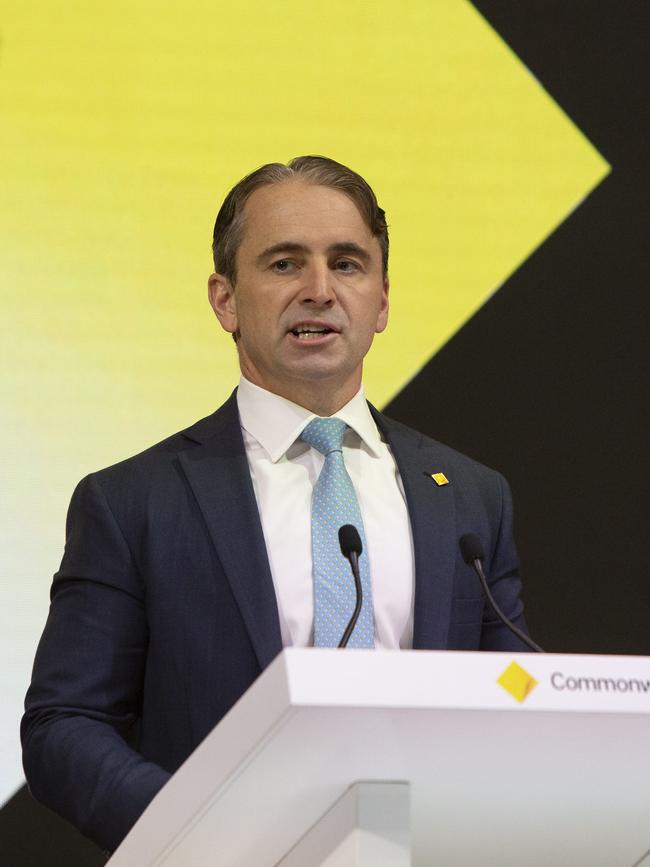
Mr Rue, who previously helmed the government-owned NBN Co, backed calls from Optus network sharing partner TPG, which has argued that big tech’s failure to contribute is “like sending mail without ever having to worry about buying a stamp”.
Other countries, including South Korea, India, and in Europe, have taken a “proactive stance” and started exploring how tech giants can contribute to funding the rollout of 5G networks and fixed broadband infrastructure, TPG says.
“As the world evolves, the regulations that have been put in place in the past need to be reconsidered,” Mr Rue said.
“Is it still fit for purpose for today? Clearly, there are needs – for example in parts of regional Australia – to ensure that they have services and discussions as to how that gets paid for.
“What the actual answer for that is something that I think the industry and regulators and the federal government need to continue to discuss. But there is a need to reconsider how funding arrangements have occurred.”
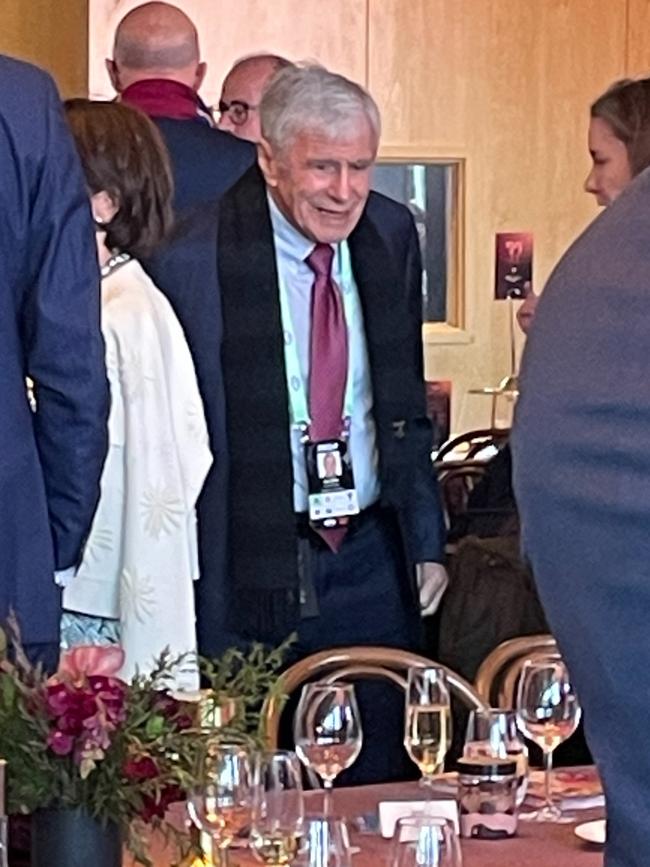
Seven West chairman Kerry Stokes has accused the federal government of failing to regulate overseas streaming platforms and social media giants that have been able to “eat its lunch” while traditional media companies decline.
Optus, TPG and other telcos pay various levies and taxes to ensure Australians get universal access to telecommunications. Some of this funding goes to the NBN to provide coverage in areas where it would otherwise not be commercially viable via the Regional Broadband Scheme, while Telstra receives subsidies to maintain its copper network.
Telstra chief executive Vicki Brady earlier this year said the company was struggling to keep up with Silicon Valley – which has been pursuing its lucrative enterprise clients – prompting it to axe 2800 staff, or 9 per cent of its workforce.
Telstra also says it should be freed from the requirement of maintaining an “outdated copper network”, citing the proliferation of “more reliable and more capable” wireless technologies.
TPG warned that, without action, Australia faced a similar situation to the US’s universal service fund, which is funded by telephone and voice-over-internet protocol providers. The annual revenue of these services has dived from about $US80bn a year in the 2000s to less than $US30bn.
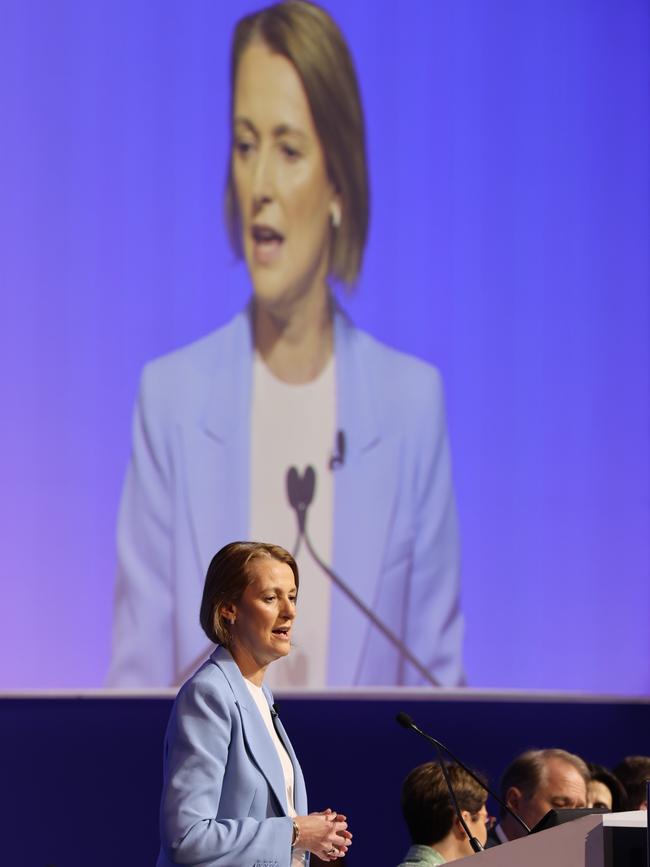
“Multinational tech giants reap massive profits from using Australia’s telco networks without ever contributing to the billions of dollars our industry invests every year to upgrade and maintain this critical infrastructure,” TPG spokesman Mitchell Bingemann said. “As we move to a future filled with transformative technologies like artificial intelligence and virtual worlds, the demands on networks will increase exponentially. Ensuring continued investment, the role of regulation and determining how tech giants can contribute their fair share will become more critical if we are to stay ahead of the ever-growing demand for data.”
Mr Comyn, speaking on the sidelines of the Australian Securities & Investments Commission’s annual forum, doubled down on his stinging criticism of the technology behemoths, many of which he said weren’t paying their share of tax here, or shouldering any cost for payments infrastructure. His comments followed CBA posting a $2.5bn cash profit in the three months to September 30.
“If you think about cross-subsidies, there are lots of free riders in industries and cross-subsidies have never been larger. This is not limited to banking,” he said.
“There are quite rightly very clear obligations on Australian companies that operate here. I would say they are very unequally applied to some of the international companies.”
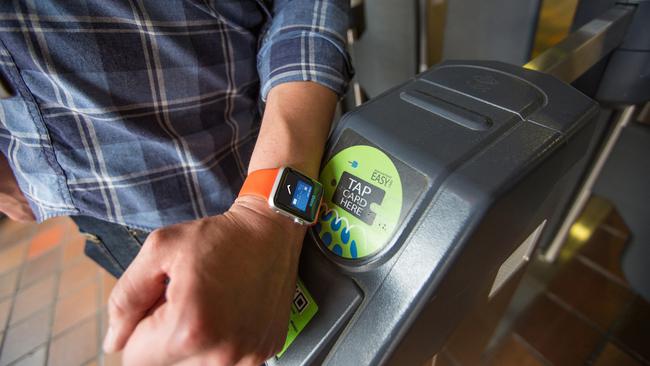
Mr Comyn said CBA processed almost 5.5 million disputed transactions a year, with about 550,000 of those stemming from Apple, more than double any other source.
“We have dual benefit of having the cost associated with that whilst we pay them a share of the revenue,” he said.
Mr Comyn argued that the largest banks in Australia were shouldering too much of the cost of payments infrastructure and maintaining physical branches, and essentially were cross-subsidising other players. But extracting money from tech titans might be easier said than done.
In a submission to the government on potential reform of the payments systems (regulation act), Apple said there is “no demonstrated case for the changes”.
“The existing regulatory framework has allowed Apple to invest significant resources to develop the technical architecture that is now widely used by card issuers to offer its consumers a safer and more secure way to pay with their existing cards. That innovation has arisen in a highly competitive and dynamic environment where intellectual property rights are protected, and meeting consumer demands for privacy, security and functionality has been paramount,” Apple wrote in its submission late last year.
Meta Platforms, which owns Facebook and Instagram, walked away from the media bargaining code earlier this year – a move that ripped about $70m a year from Australian newsrooms. It also switched off its news tab last month, sparking fears its platforms would become a hotbed of misinformation.
ANZ was the first bank to offer Apple Pay – that allows people to pay for goods and services via tapping their mobile phone or smartwatch – when it was launched in Australia eight years ago.
“The introduction of Apple Pay is a significant milestone in our strategy to use digital technology to provide our customers with a superior experience and will be a watershed moment in the adoption of mobile payments in Australia,” ANZ chief executive Shayne Elliott said at the time.
Mr Elliott revealed last week that ANZ had invested about $2.5bn on its online-only offerings ANZ Plus and business and institutional product ANZ Transactive over the past five years, saying it had laid the foundations to become an technology-first bank.
“Our ambition is to have the simplest, contemporary platforms powered by the best partners,” Mr Elliott said.

